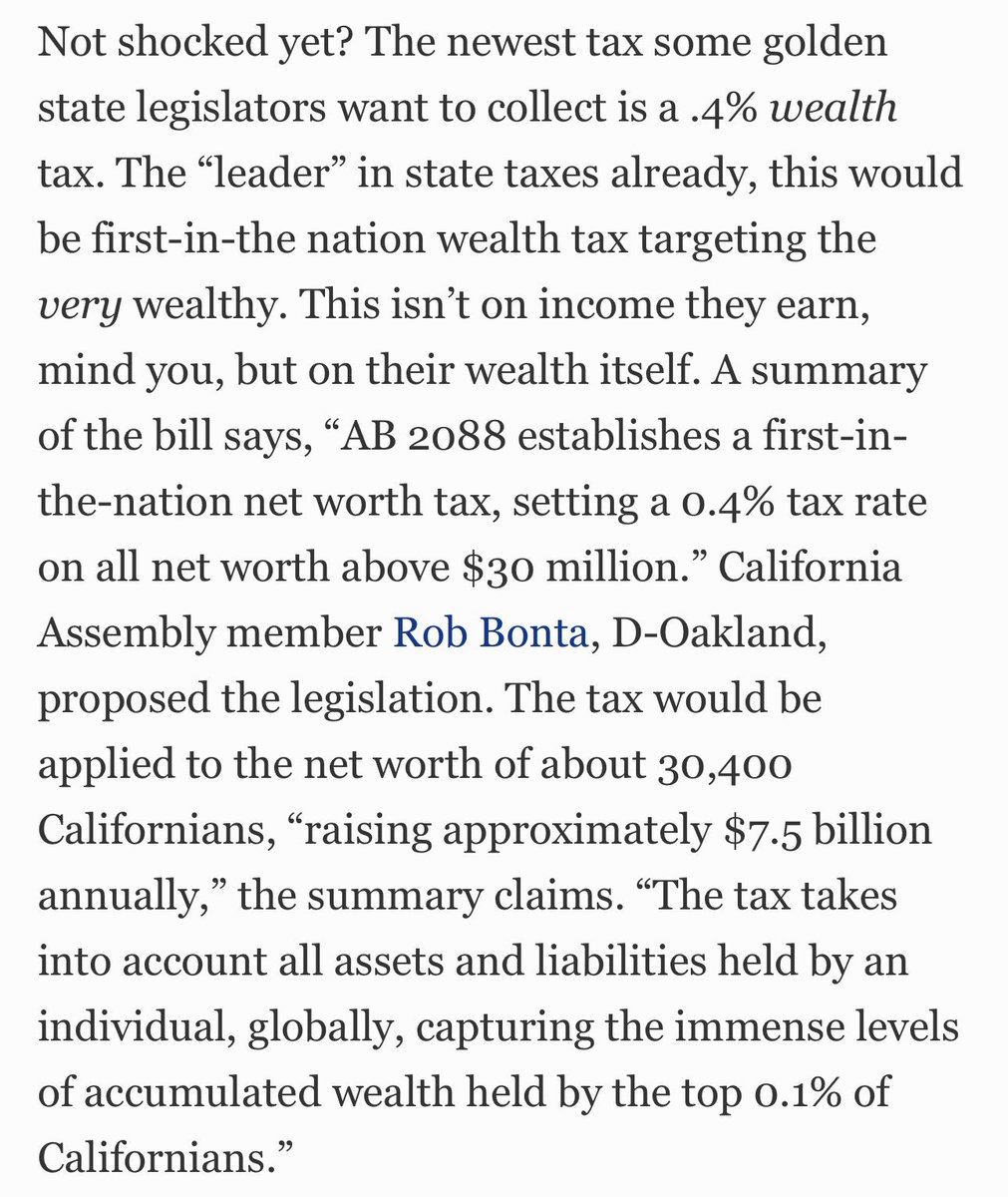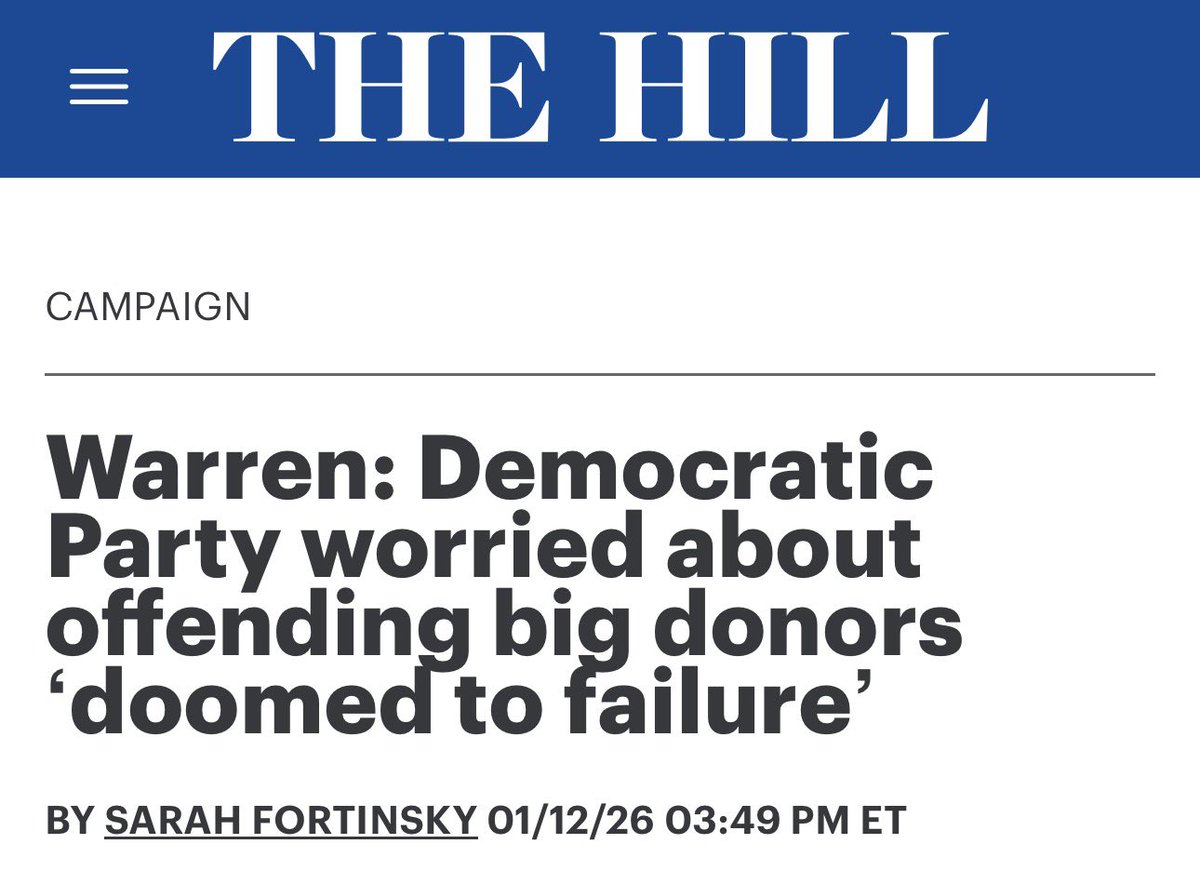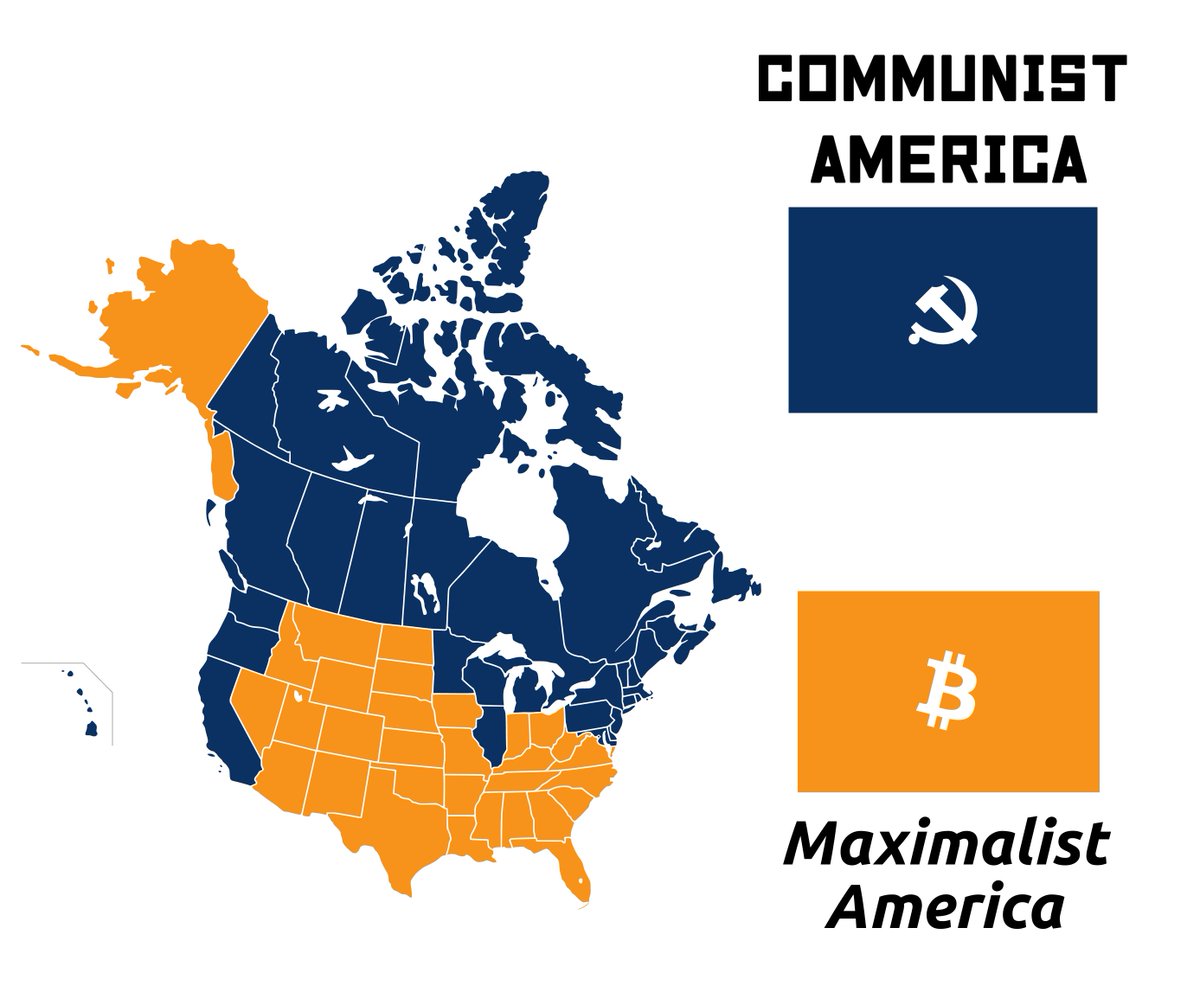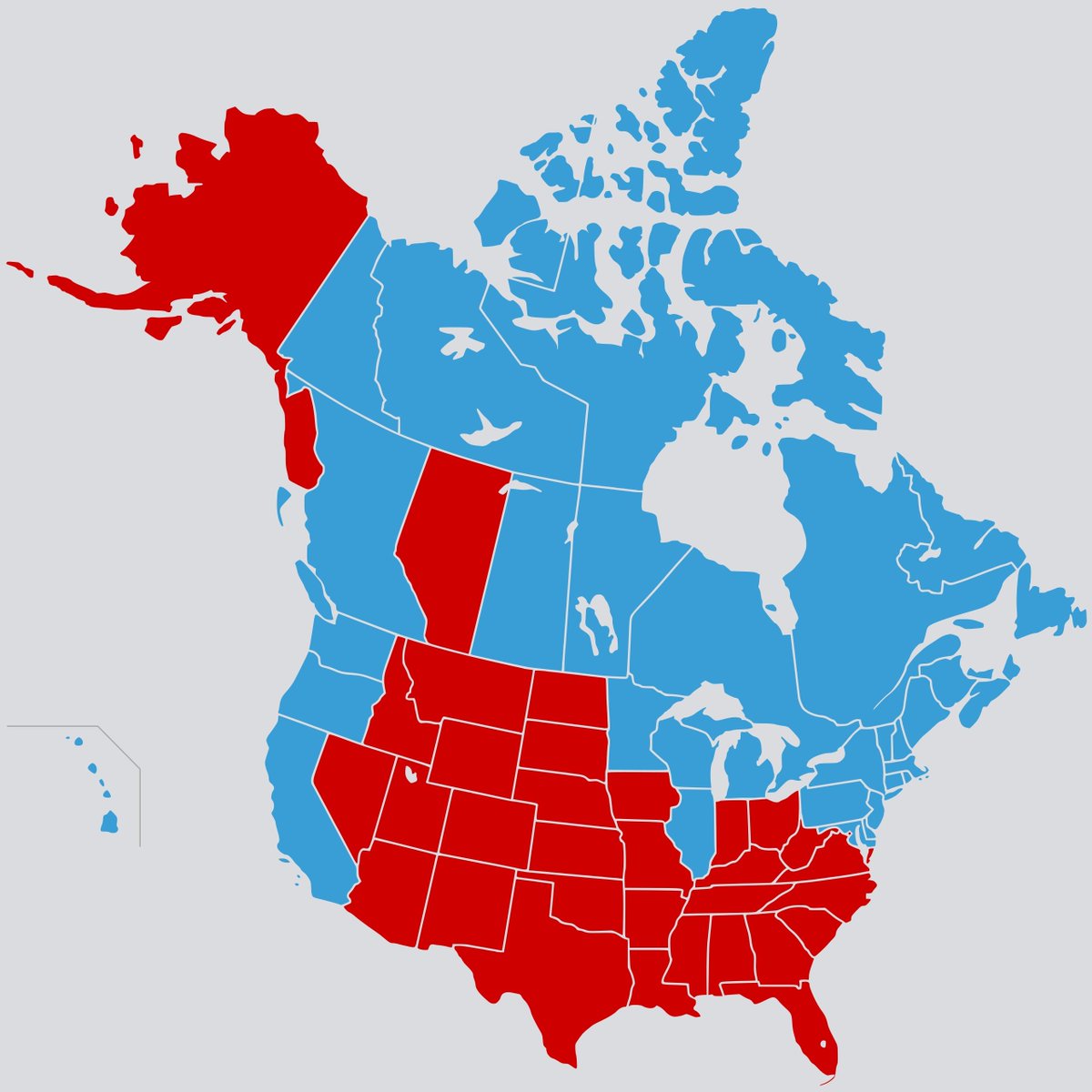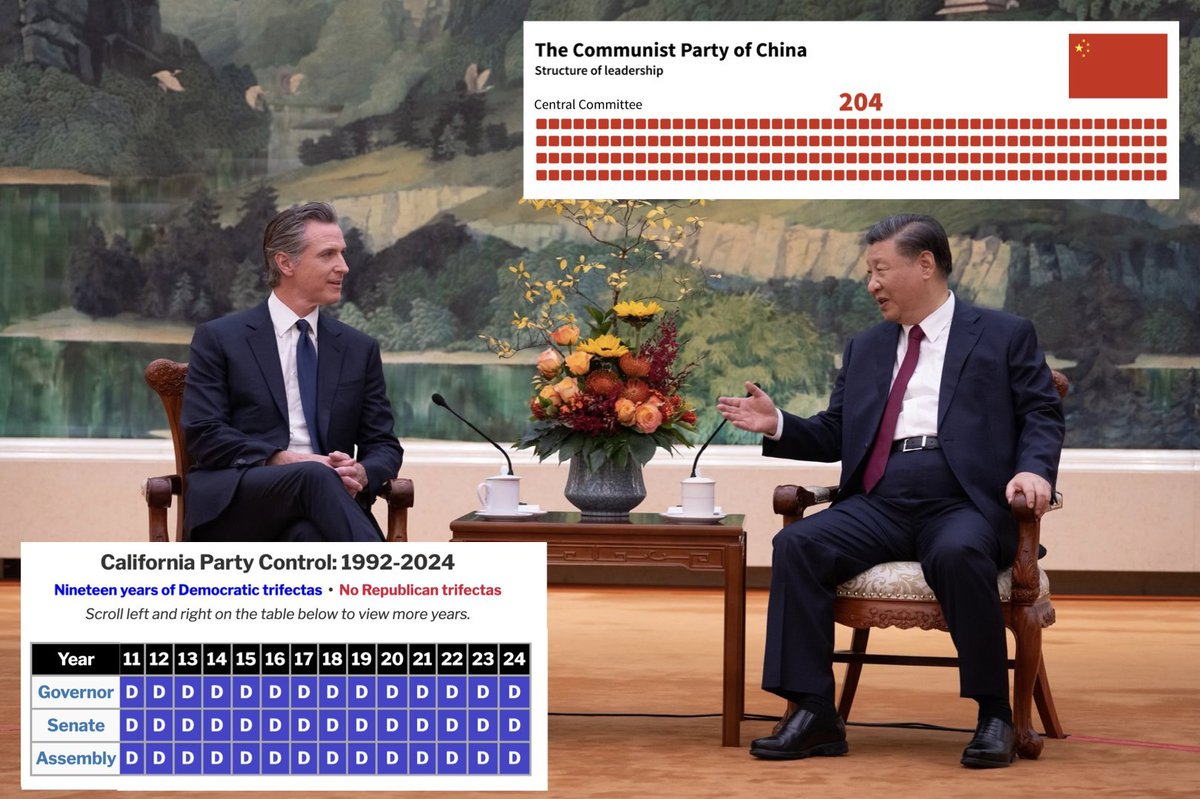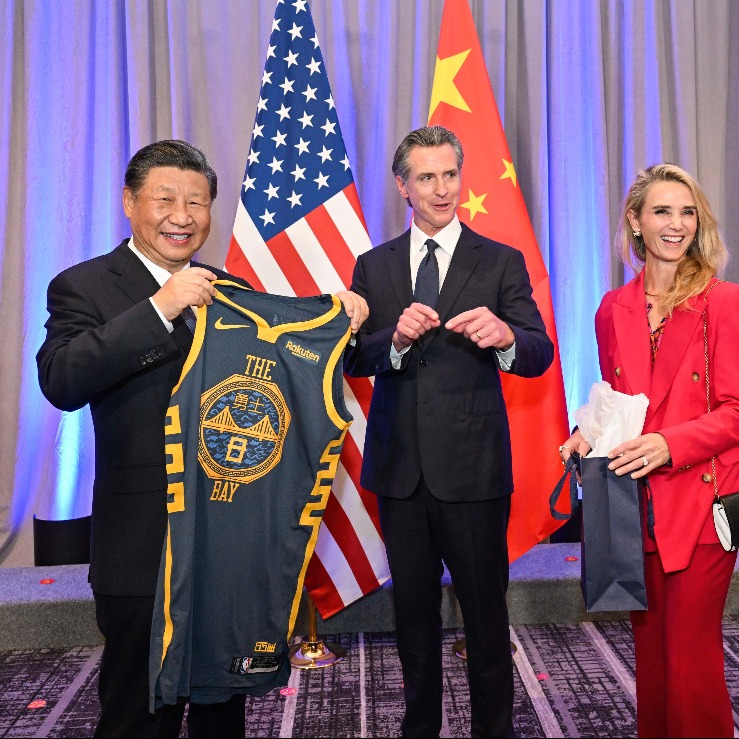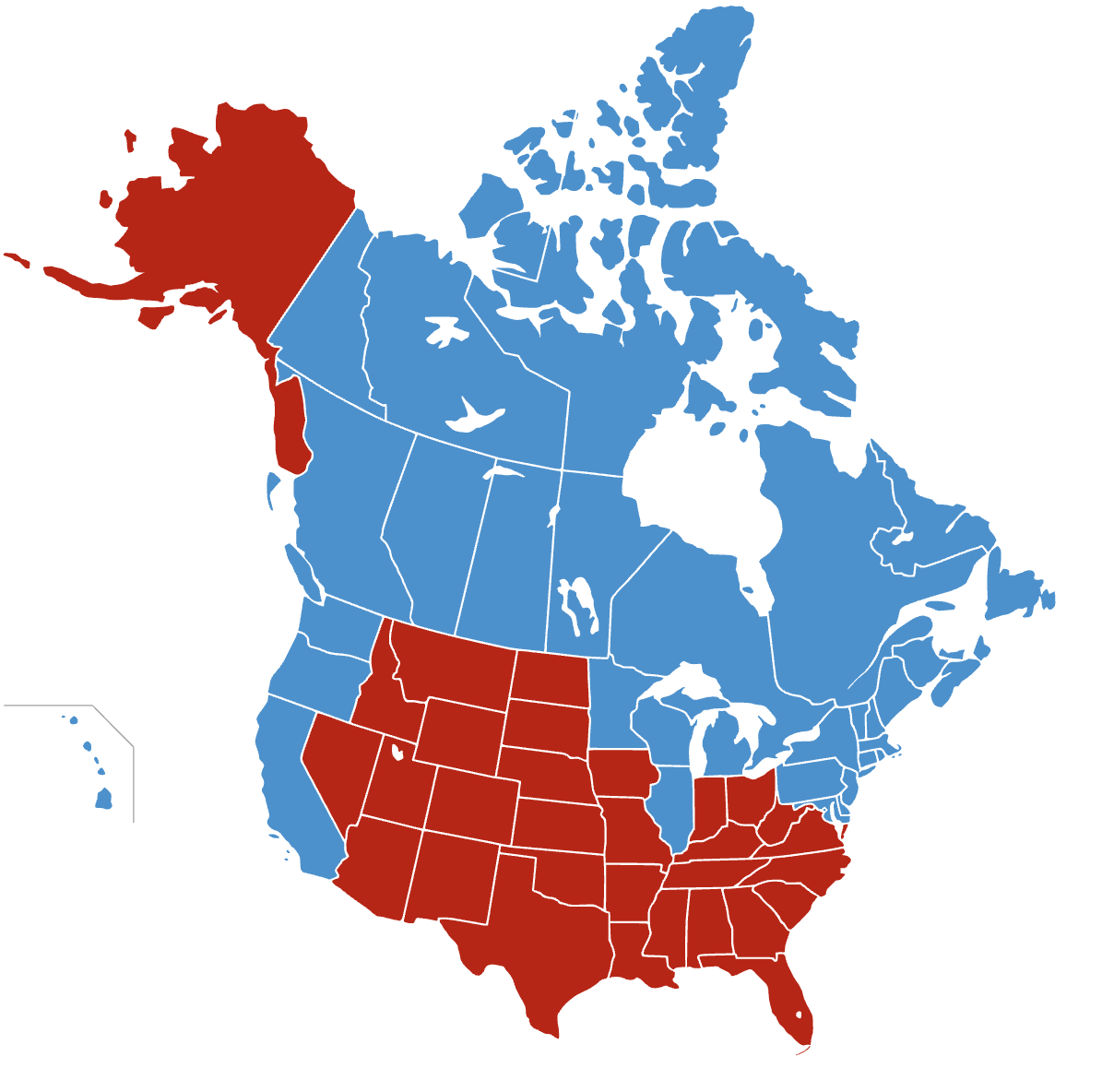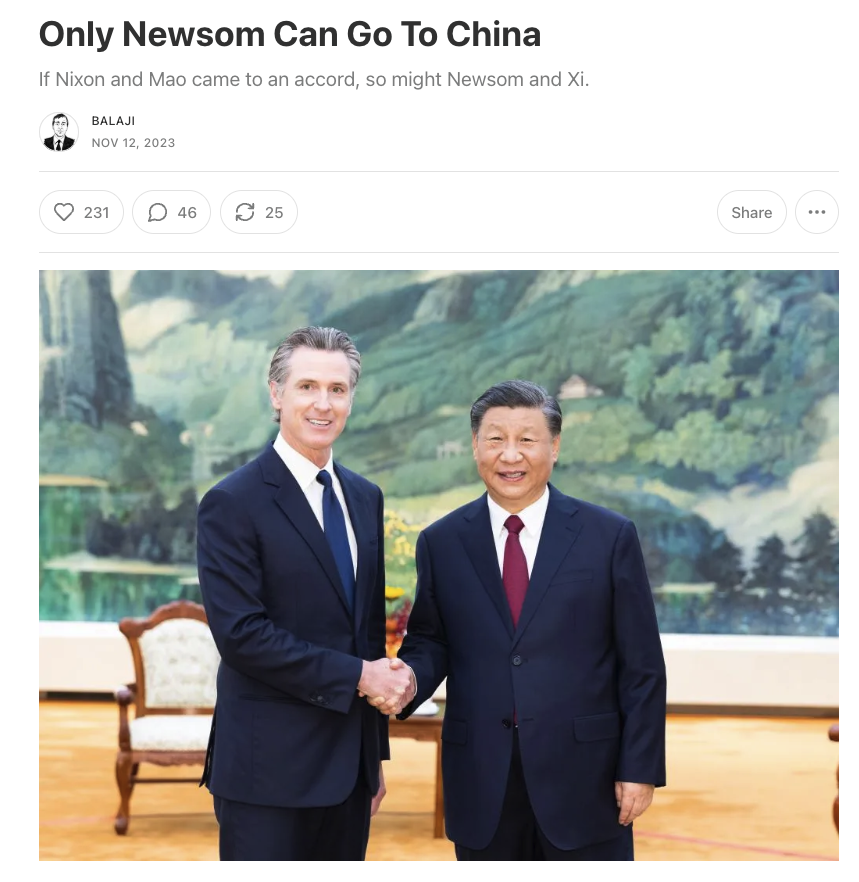People got real mad last week at the suggestion that equipment left in Afghanistan could be an intel windfall for the Chinese.
But here's the Sci-Tech editor of DefenseOne (@DefTechPat) making exactly that case with technical detail and multiple sources. defenseone.com/technology/202…
But here's the Sci-Tech editor of DefenseOne (@DefTechPat) making exactly that case with technical detail and multiple sources. defenseone.com/technology/202…
As I acknowledged at the time, I am by no means an expert on military hardware. But it strained credulity to imagine that billions of dollars of equipment captured without warning wouldn't give intelligence on US capabilities.
A windfall, even.
defenseone.com/technology/202…
A windfall, even.
defenseone.com/technology/202…

One line of argument was that equipment like C-130s date to the 1950s, so *obviously* having them captured was no big deal.
@jalospinoso spent ten years in the Army conducting penetration tests...and thinks differently.

@jalospinoso spent ten years in the Army conducting penetration tests...and thinks differently.
https://twitter.com/mpweiher/status/1434779329804787716

The strawman is that it was just some Humvees.
The steelman — according to @_GeorgiannaShea of FDD — is that "it's not just a Humvee…it’s a Humvee that’s full of radios, technologies, crypto systems, things we don’t want our adversaries getting ahold of”

The steelman — according to @_GeorgiannaShea of FDD — is that "it's not just a Humvee…it’s a Humvee that’s full of radios, technologies, crypto systems, things we don’t want our adversaries getting ahold of”
https://twitter.com/benedictevans/status/1434713796329807881

Just a simple country techbro here making necessarily limited inferences under uncertain conditions, but apparently some experts agree — losing billions of dollars in US-origin materiel is analogous to leaking big chunks of source code onto the internet.

https://twitter.com/balajis/status/1434752730711543819

"Nothing was transferred to the Afghans that was of any technological value", I was told!
Except for all the tech built into the equipment that was just captured[1]. Here's another example: the gear used to detect IEDs.
[1] defenseone.com/technology/202…

Except for all the tech built into the equipment that was just captured[1]. Here's another example: the gear used to detect IEDs.
[1] defenseone.com/technology/202…
https://twitter.com/ThreshedThought/status/1434645941231841285

Again, to be clear, I learned a lot in the discussion!
And heard some fun arguments. Some said that because America didn't trust their Afghan allies, it gave them only junk. Others said everything has been hacked anyway, so China wouldn't learn anything new.
Very reassuring…
And heard some fun arguments. Some said that because America didn't trust their Afghan allies, it gave them only junk. Others said everything has been hacked anyway, so China wouldn't learn anything new.
Very reassuring…
The best exchange was with @ralee85, a true domain expert who was fair & honest.
The big difference between his informed opinion & my high-level guess wasn't on technical detail, though. It was our respective trust in whether the military would make this kind of mistake.
The big difference between his informed opinion & my high-level guess wasn't on technical detail, though. It was our respective trust in whether the military would make this kind of mistake.

Our information environment today is all fog-of-war, especially on a foreign battlefield.
One day Afghanistan won't fall to the Taliban, the next day it does. One day "ISIS-K" is being drone striked, the next day it was some kids. And one day it's all just old gear lost…
One day Afghanistan won't fall to the Taliban, the next day it does. One day "ISIS-K" is being drone striked, the next day it was some kids. And one day it's all just old gear lost…
General rule: if an institution says X and not-X happens just a little while later, where X is a big deal, the claims on small things are also questionable.
Internal disagreements get more signal then. Weight non-consensus voices more heavily when consensus is repeatedly wrong.
Internal disagreements get more signal then. Weight non-consensus voices more heavily when consensus is repeatedly wrong.
If early COVID discourse had been accurate, I'd trust public health more.
If Bitcoin didn't work, I'd trust macroeconomists more.
And if WMDs were in Iraq, I'd trust the state more.
But if experts are wrong, we can't blindly trust. Need our own diligence. And to rebuild trust.
If Bitcoin didn't work, I'd trust macroeconomists more.
And if WMDs were in Iraq, I'd trust the state more.
But if experts are wrong, we can't blindly trust. Need our own diligence. And to rebuild trust.
• • •
Missing some Tweet in this thread? You can try to
force a refresh


